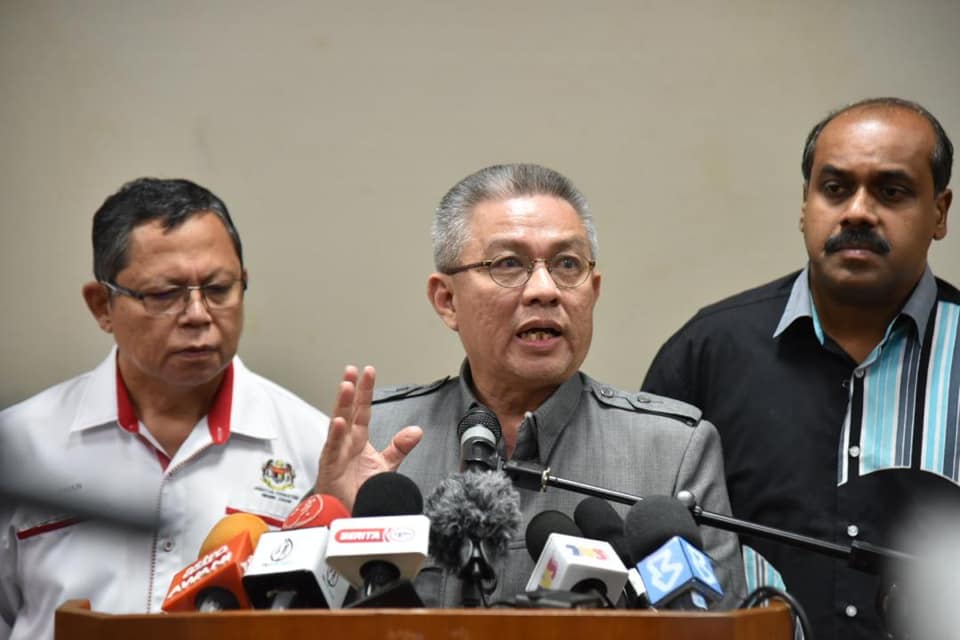KUALA LUMPUR, Sept 11 — The Ministry of Health (MOH) insisted that it conducts a transparent and objective evaluation of government health professionals for permanent appointment selections, amid claims of biased performance reviews.
Health Minister Dr Adham Baba said merits and job vacancies are factors that will be considered for the permanent appointments of doctors, dentists, and pharmacists in the public sector.
“As vacancies for permanent positions are limited, only officers among the best talents, based on ranking, in the recommended list will be considered for permanent appointments,” Dr Adham Baba told the Dewan Negara in his written parliamentary reply on September 8.
Senator Idris Ahmad (PAS) had asked the health minister to state the reasons for not appointing medical, dental, and pharmacy officers as permanent staff since 2016.
The health minister said contract officers are chosen for permanent appointments through “strict and continuous evaluation” during their graduate training or compulsory service with the government, acknowledgement by their head of department, and screening and evaluation by the Permanent Appointment Selection Committee at MOH’s headquarters.
“These screenings and evaluation are done to ensure a transparent and objective assessment of the officers based on the criteria of permanent appointment and the conditions of appointment according to the service scheme,” said Dr Adham.
The health minister added that the list of certified officers will then be submitted to the top management of MOH (secretary-general and Health director-general) for approval, before submission to the Public Service Commission for the consideration of permanent appointments.
Medical students’ group, the Malaysian Medics International (MMI), previously called for a “robust and transparent selection system” of permanent medical officers, urging the government to publish selection scores and competition ratios to achieve better transparency. MMI also suggested including performance-based assessments, such as key performance indicators (KPIs) and merit-based assessments such as national-level entrance exams.
It was previously pointed out by Bandar Kuching MP Dr Kelvin Yii at the Dewan Rakyat that many contract doctors were dissatisfied with the selection process for permanent appointments. According to the Bandar Kuching MP, contract doctors perceive the performance review process as opaque and open to favouritism and bias.
Dr Adham said that through the provision of the Medical Act 1971, Dental Act 1971, and the Pharmacist Registration Act 1951, the government has an obligation to allocate placements for medical, dental, and pharmacy graduates to provide them with experience through the graduate training programme or compulsory service with the government.
“However, since 2015, when the government enforced the optimal use of human resource policy and public service size control policy, all the ministries, including MOH, were no longer allowed to create new positions, unless they are traded off with other existing vacancies,” Dr Adham told Idris.
“Therefore, to ensure graduates undergo the graduate training programme or compulsory service without being subject to vacancies of permanent positions, the government, in 2016, decided that the method of appointment of medical, dental, and pharmacy graduates be changed to contract of service.”
The health minister also said that the consideration for permanent appointments is made separately after the officer completes their compulsory service or graduate training, taking into account job vacancies and officers fulfilling the required conditions and merits of these appointments.
Last month, Dr Adham told the Dewan Rakyat in his written parliamentary reply that as of July 31, only 3.3 per cent (665 doctors) out of 19,909 contract medical officers were given permanent positions in the public sector.
He also said that contract extensions were offered to 388 dental officers and 661 pharmacy officers who completed their three-year training and compulsory service.








